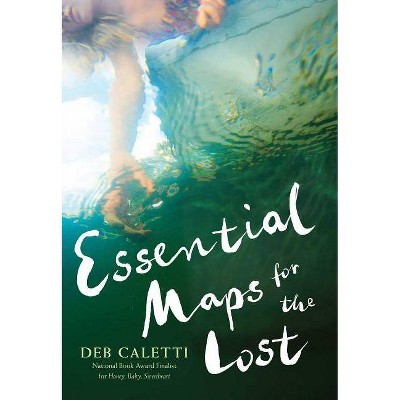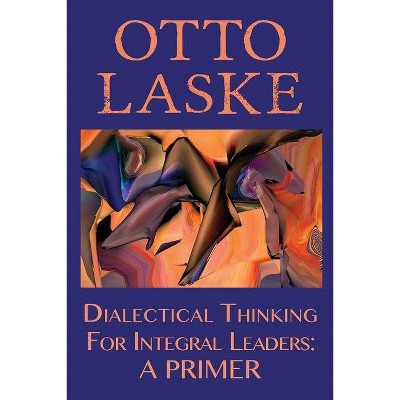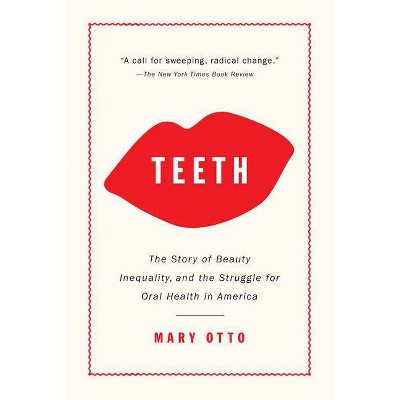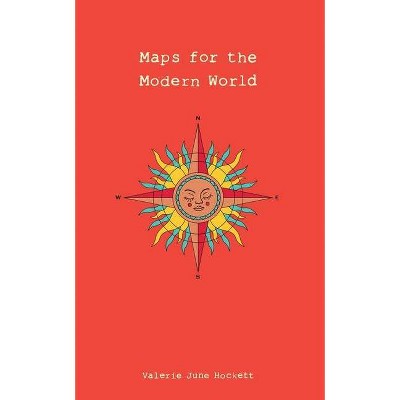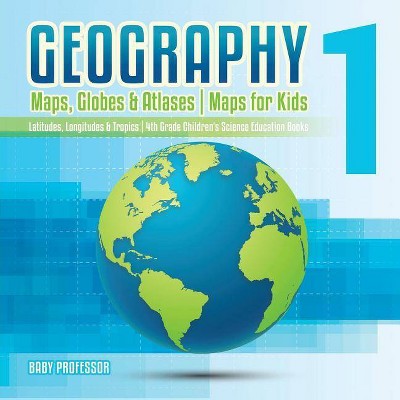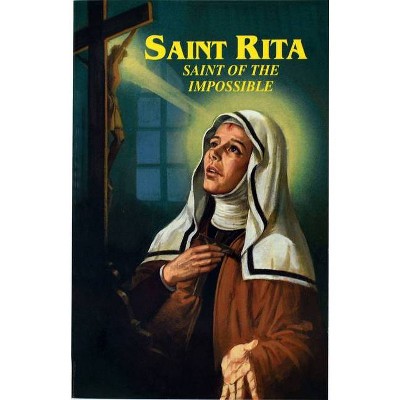Maps for a Fiesta - by Otto Maduro (Paperback)
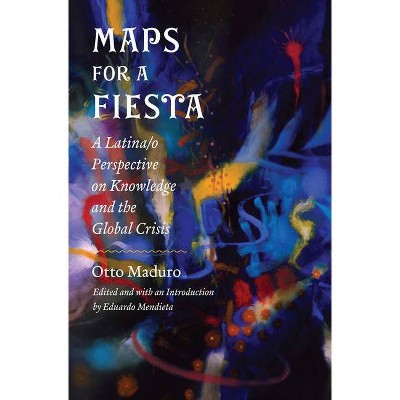
Similar Products
Products of same category from the store
AllProduct info
<p/><br></br><p><b> Book Synopsis </b></p></br></br><p>What can theology offer in the context of neoliberalism, globalization, growing inequality, and an ever more ecologically precarious planet that disproportionately affects the poor? This book, by one of the country's best-known Latino theologians, explores possibilities for liberation from the forces that would impose certain forms of knowledge on our social world to manipulate our experience of identity, power, and justice. <p/>Beautifully written in a refreshingly direct and accessible prose, Maduro's book is nevertheless built upon subtly articulated critiques and insights. But to write a conventional academic tractatus would have run counter to Maduro's project, which is built on his argument that ignorance is masked in the language of expertise, while true knowledge is dismissed because it is sometimes articulated in pedestrian language by those who produce it through the praxis of solidarity and struggle for social justice. <p/>With a generosity and receptivity to his readers reminiscent of letters between old friends, and with the pointed but questioning wisdom of a teller of parables, Maduro has woven together a twenty-first-century reply to Marx's "Theses on Feuerbach." Neither conventional monograph nor memoir, neither a theological nor a political tract, but with elements of all of these, Maps for a Fiesta arrives as Maduro's philosophical and theological testament--one that celebrates the knowledge-work and justice-making of the poor. <p/>What Maduro offers here is a profound meditation on the relationship between knowledge and justice that could be read as a manifesto against the putatively unknowable world that capitalist chaos has made, in favor of a world that is known by the measure of its collective justice. His fiesta grants us the joy that nourishes us in our struggles, just as knowledge gives us the tools to build a more just society. What Maduro offers is nothing less than an epistemology of liberation.</p><p/><br></br><p><b> Review Quotes </b></p></br></br><br>How do we know what we know or what we think we know? This is a question that has been pondered by philosophers and social theorists throughout many centuries. In <i>Maps for a </i><i>Fiesta</i>, the late Otto Maduro, a renowned philosopher and sociologist of religion, offers a carefully argued and erudite book in which he delves into this important question within a Latin American and U.S. Latino/a context.-- "Interpretation: A Journal of Bible and Theology"<br><br>In a word, Maps for a Fiesta is perennial and relevant.<b>-----Andrew Weigert, <i>University of Notre Dame</i></b><br><p/><br></br><p><b> About the Author </b></p></br></br><br>OTTO MADURO (1945-2013) was Professor of World Christianity at Drew University. His life's work includes more than one hundred articles published in a dozen languages on five continents, and five books in five languages. Involved in Latin American theology since its inception, Maduro was the first Hispanic president of the American Academy of Religion. <p/>Eduardo Mendieta is Professor of Philosophy at Stony Brook University.<br>
Price History
Cheapest price in the interval: 19.99 on October 27, 2021
Most expensive price in the interval: 19.99 on December 20, 2021
Price Archive shows prices from various stores, lets you see history and find the cheapest. There is no actual sale on the website. For all support, inquiry and suggestion messages communication@pricearchive.us


